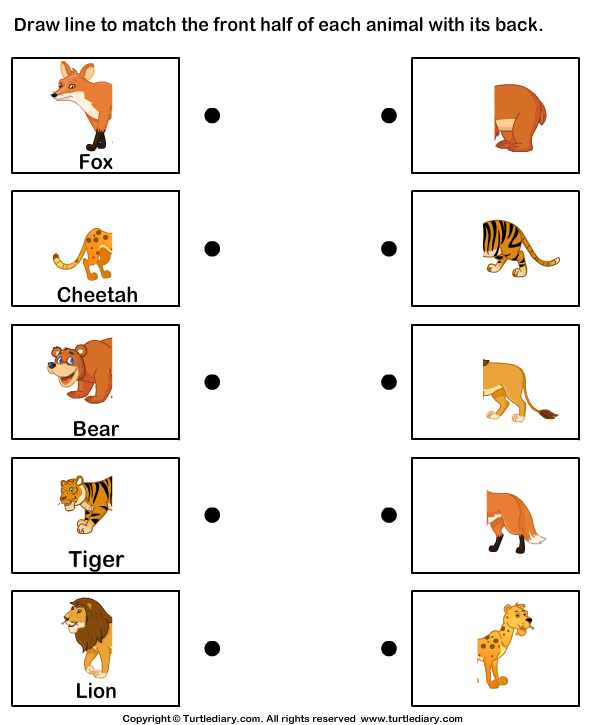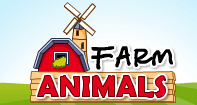

andersoni isolates were further analyzed using multilocus sequence typing (MLST) at four gene loci (MS1, MS2, MS3, and MS16), and the C. were analyzed using nested PCR and DNA sequencing. The occurrence and genotypes of Cryptosporidium spp. A total of 700 fecal samples were collected from Holstein cows ( n = 442) and dairy buffaloes ( n = 258) in six counties of Yunnan Province.

in cattle in Yunnan Province remains limited. However, data on the occurrence of Cryptosporidium spp. Cattle are one of the reservoirs of Cryptosporidium infection in humans. are important foodborne and waterborne pathogens in humans and animals, causing diarrheal diseases. Authors may use MDPI'sĮnglish editing service prior to publication or during author revisions.Ĭryptosporidium spp. Submitted papers should be well formatted and use good English. The Article Processing Charge (APC) for publication in this open access journal is 1800 CHF (Swiss Francs). Please visit the Instructions for Authors page before submitting a manuscript. Animals is an international peer-reviewed open access semimonthly journal published by MDPI. A guide for authors and other relevant information for submission of manuscripts is available on the Instructions for Authors page. All manuscripts are thoroughly refereed through a single-blind peer-review process.

Submitted manuscripts should not have been published previously, nor be under consideration for publication elsewhere (except conference proceedings papers). For planned papers, a title and short abstract (about 100 words) can be sent to the Editorial Office for announcement on this website. Research articles, review articles as well as short communications are invited. Accepted papers will be published continuously in the journal (as soon as accepted) and will be listed together on the special issue website. All submissions that pass pre-check are peer-reviewed. Manuscripts can be submitted until the deadline. Once you are registered, click here to go to the submission form. Manuscripts should be submitted online at by registering and logging in to this website.

Therefore, clinical trials, population studies, disease surveillance and ecological studies, as well as cross-sectional and longitudinal studies are welcome to this Special Issue. Topics can include both experimental and observational studies of farm animal diseases, as well as zoonotic and food-borne diseases, under the prism of One Health. We invite original research and review papers that address the epizootiology of farm animal diseases. It refers to both epizootic and enzootic diseases, especially in the context of their etiology, transmission dynamics, geographic distribution, risk factors, diagnostic capabilities, preventive and control strategies, and effects on health, welfare, and production traits. The study of farm animal epizootiology is interdisciplinary, utilizing physiology, pathology, and diagnostic methods, and synthesizes and compares historical and geographical data, surveys, clinical observations, experiments, and mathematical modelling to describe and forecast epizootic processes. It is defined as the study of disease dynamics among farm animals based on mass phenomena observed, and deals with the origin, spread and mitigation strategies of infectious and non-infectious diseases on a population level rather than on an individual basis. The epizootiology of farm animal diseases is a critical component of their pathology, prevention, and control, and determines overall herd health management.


 0 kommentar(er)
0 kommentar(er)
